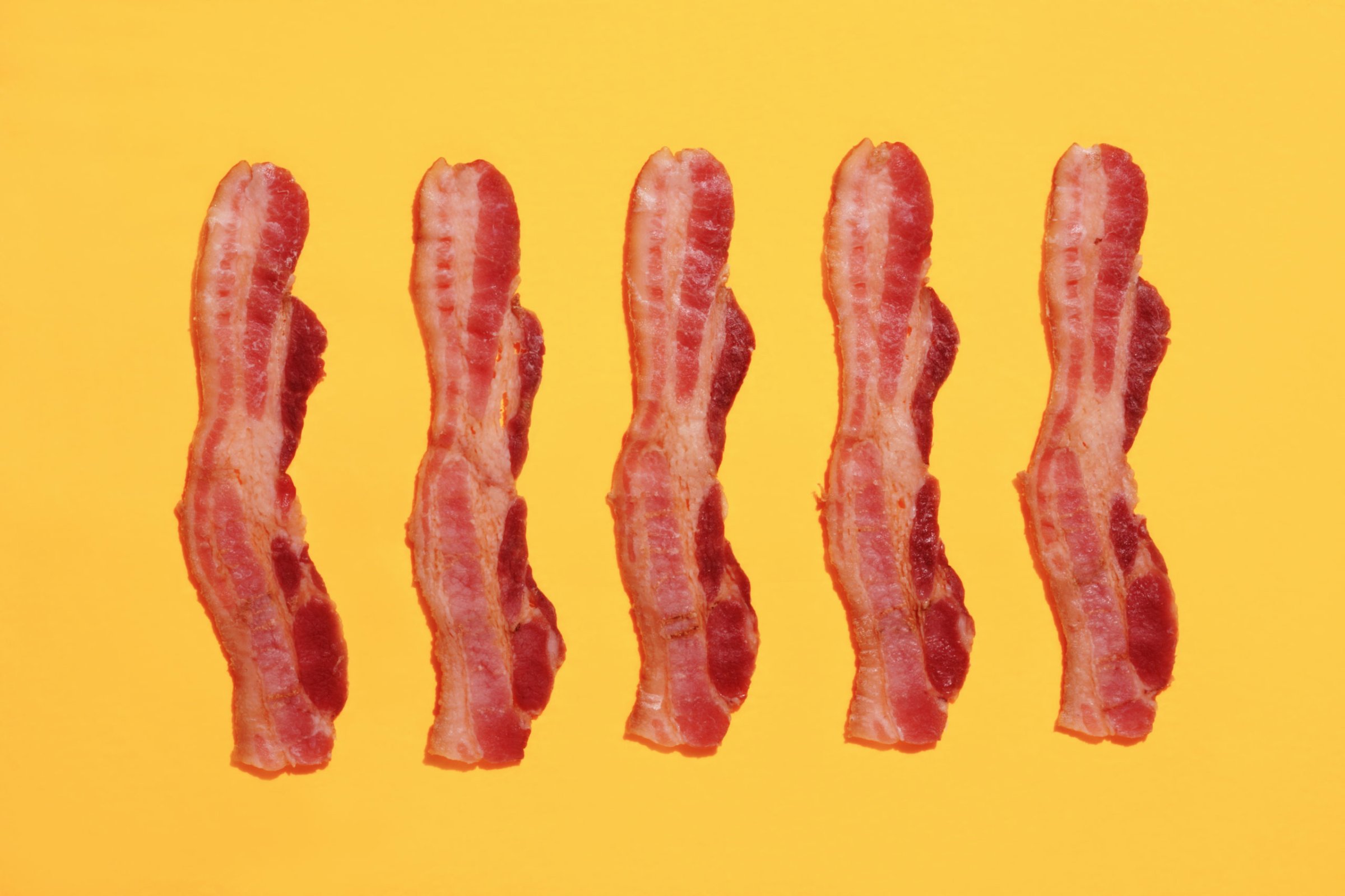
This week bacon and its processed meat comrades were declared carcinogenic by the World Health Organization—a juicy story we tuck into at length in the new TIME magazine cover. Processed meats were labeled Group 1 carcinogens, meaning that the evidence that links them to cancer is very strong.
The mechanism by which breakfast meats might lead to cancer isn’t yet clear, but scientists point to sodium nitrates, which are added to processed foods as preservatives, as possible bad actors. When they enter the body, some convert to nitrites, where they can form carcinogenic compounds called nitrosamines.
Those searching for a bacon-shaped life preserver might cling to natural brands touting “no-nitrites-added” products, but that labeling can be misleading, experts say. Nitrates can come from natural sources, including most plants. (The difference is that plants contain vitamin C, which inhibits the production of nitrosamine.)
Celery is one natural source of nitrates, the juice of which is often used instead of synthetic nitrates to treat meat. But that doesn’t mean it’s nitrate free. “The body doesn’t distinguish between them,” says Dr. Mariana Stern, a cancer epidemiologist at the University of Southern California, who worked on the new WHO report. “For the body, it doesn’t quite matter where those nitrates are coming.”
This is why many companies that don’t use synthetic nitrates or nitrites don’t claim to be “nitrate-free”—only that there are no nitrates or nitrites added, except for the naturally occurring kind. But a natural nitrate is still a nitrate. Check out the graphic below for more ways processed meat might cause cancer.

More Must-Reads from TIME
- How Donald Trump Won
- The Best Inventions of 2024
- Why Sleep Is the Key to Living Longer
- Robert Zemeckis Just Wants to Move You
- How to Break 8 Toxic Communication Habits
- Nicola Coughlan Bet on Herself—And Won
- Why Vinegar Is So Good for You
- Meet TIME's Newest Class of Next Generation Leaders
Write to Mandy Oaklander at mandy.oaklander@time.com